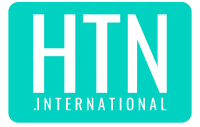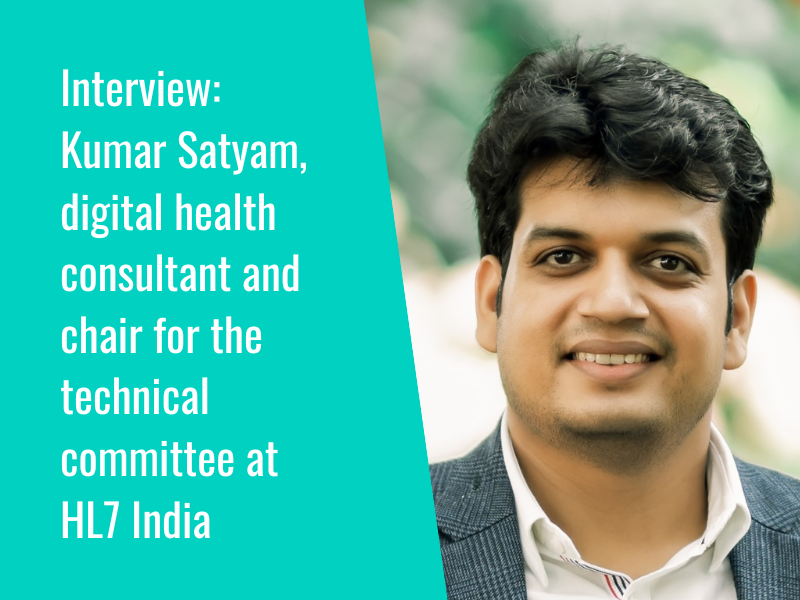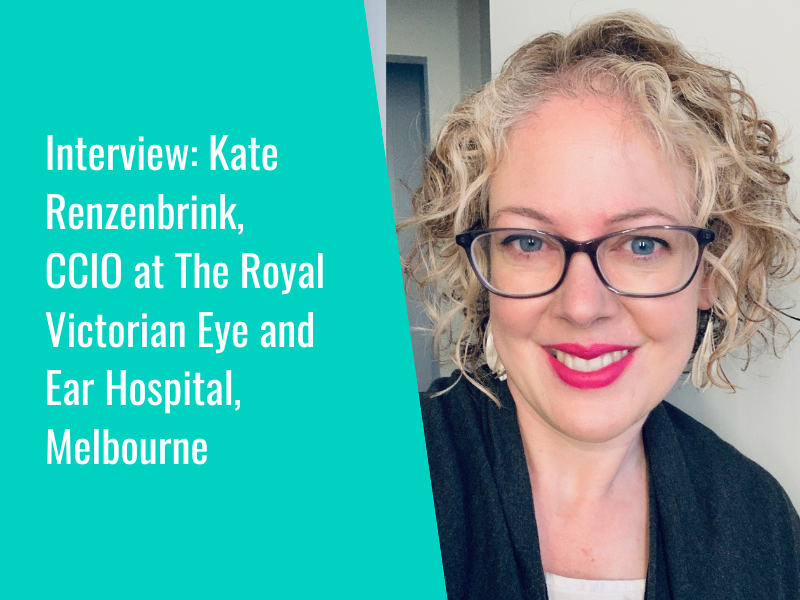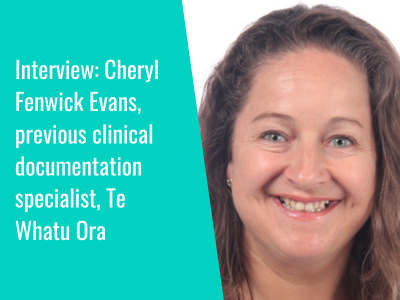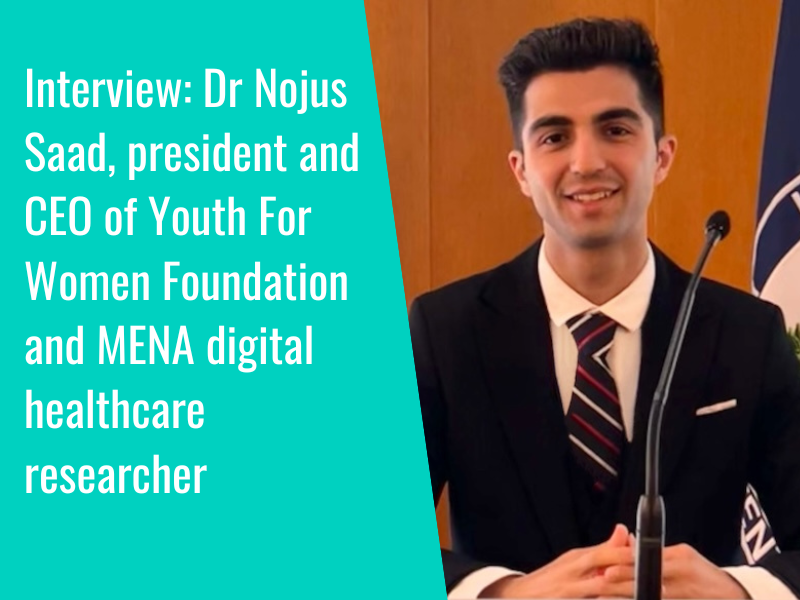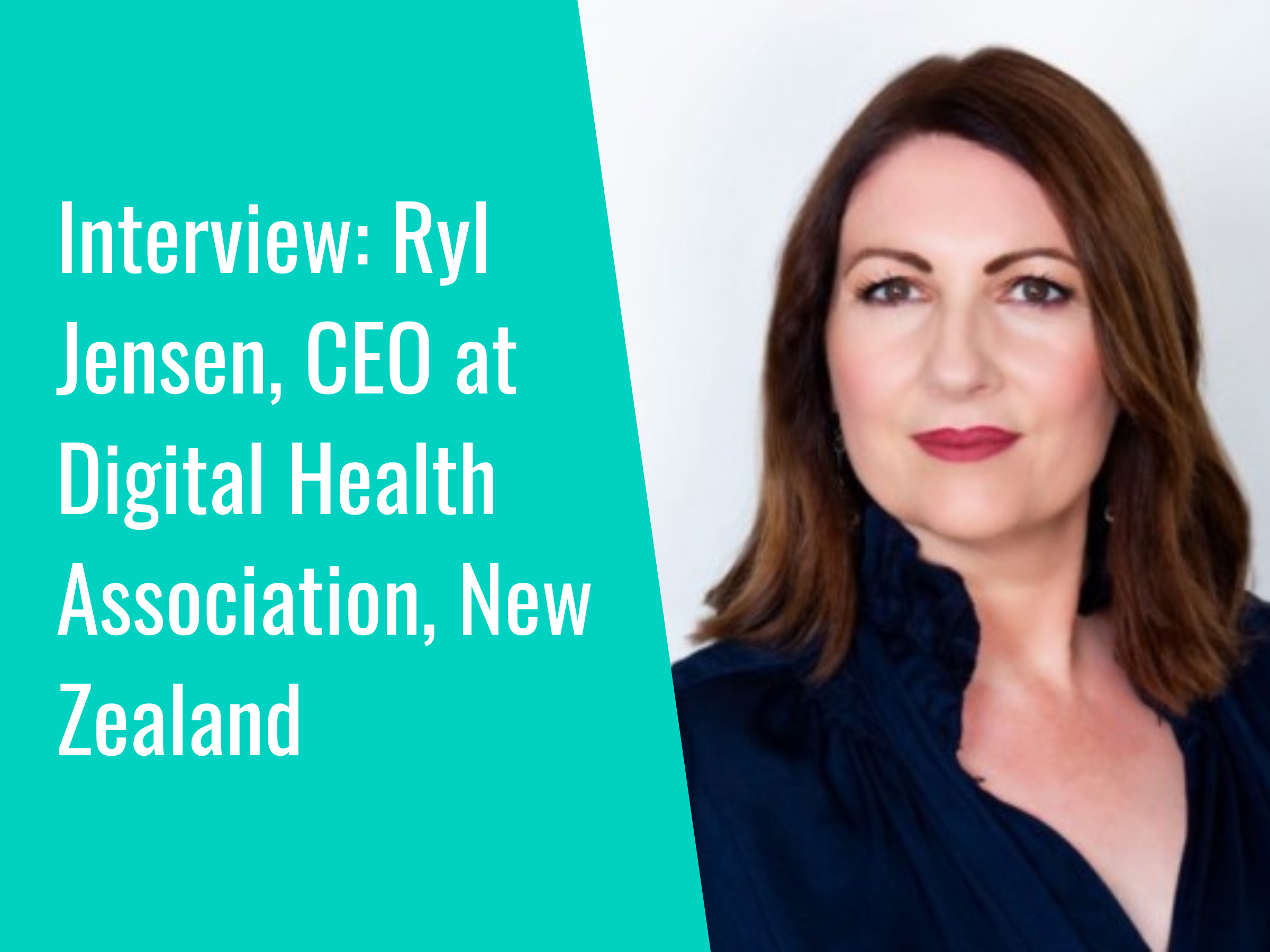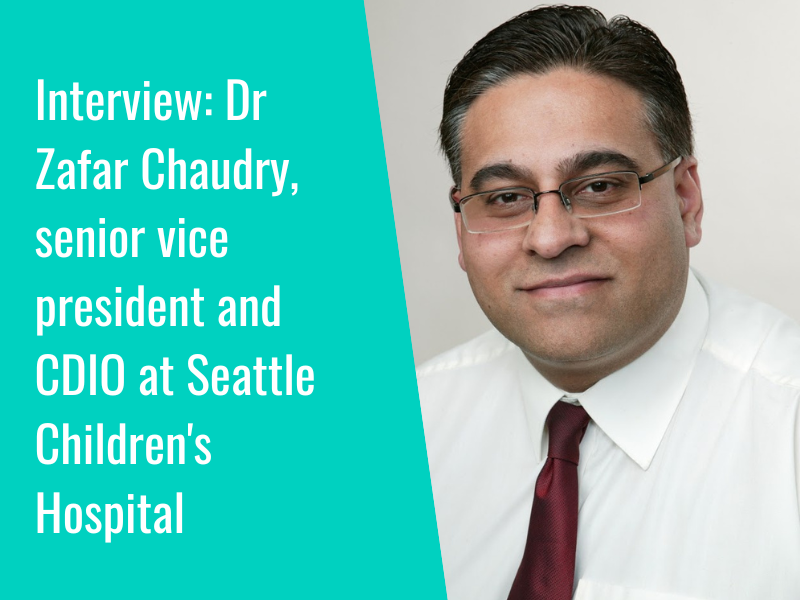In Cleveland, US, a study using a predictive model to identify patients at high risk of missing appointments has resulted in a “meaningful decrease” in overall no-show rates.
By combining the results of the predictive model with targeted phone calls to those deemed most likely to miss appointments, MetroHealth succeeded in reducing no-show rates by 9.4 percent across the tested population as a whole.
The Epic “Risk of Patient No-Show” predictive model works by analysing historical data to determine those patients at highest risk of missing appointments, drawing upon a range of patient-specific and appointment-specific factors, such as time of day and department specialty.
The targeted telephone calls are thought to have caught patients who were not using the MyChart portal or checking for automated text messages, with David Kaelber, MD, suggesting that a phone call “presents a lower barrier for communicating with patients whom automated reminders aren’t reaching”.
A threshold was set for likelihood of non-attendance at 15 percent, which was deemed to capture those at highest risk, before the study team randomly sorted patients within this group to be placed in either the standard care or augmented care group. Patients within the augmented care group received a reminder call between three and five days before the appointment.
Whilst requiring “considerable effort” from schedulers in making the phone calls, results showed an average of one no-show prevented for every 29 calls made, which was a figure the team reportedly felt was worthwhile.
To learn more about this use of Epic’s predictive model, please click here.
In news from elsewhere, the Medcare Royal Speciality Hospital, a new hospital located in in Al Qusais, Dubai, has been officially opened, reportedly bringing together 83 doctors with international experience and “enhancing healthcare provision at the new hospital through extensive digitalisation”.
- 1
- 2
